How would you describe the experience of working on this movie compared to the movies that you have earlier worked on. How different were they; for example comparing it to your previous movie The Signal...
Olivia: They all differ from each one, it all depends on the people,crew, material … my part in The SIgnal was relatively small and not as fleshed out as Rachel in Me and Earl and The Dying Girl; so for me it was a feast to challenge myself and just be a part of this film.
… [turning to RJ Cyler] anything you wanna add to that?
RJ: This is my first [movie] … unless we are talking about instagram videos (everyone breaks into chuckles at this point).
So whats the difference between instagram videos and movies…
RJ: yeah, the length is different, like 15 seconds versus hours of work.
What was your experience … this being your first big screen movie?
RJ: It was a lot of fun; At first I was like … for the first 30 minutes, I was a little nervous and then I met Olivia… wait I met Thomas first and then Olivia and then I was like I have no reason to be nervous. They are fine, they are just chillin with me, they are good people and we built a friendship before we got into filming and that made me extra comfortable. It was like the perfect experience for me; So now it's like the bar’s been set so high it's kinda depressing.
Only one way to go from here, right! (turning to Thomas) I have a question for you. This is going to be a complement and an insult at the same time.
Thomas: Great!
You’re playing a teenage boy and teenage boys are the worst people ever! You found a way to find this border, where you are not too annoying; I dont wanna punch you in the face and it's the simplest way to put it. So how did you find a balance…
Thomas: I know what you mean, cause I find that with self-deprecating humor there is a fine line after which it becomes so obnoxious. It's like no one can feel sorry for you if you are too busy feeling sorry for yourself. I like the fact that he [Thomas’ character Greg] was smart enough to know the kind of guy he should be and he has all the answers but is too lazy or stubborn to make use of them or is too afraid to leave his comfort zone. I like the way that he dealt with situation and I saw it as someone who maybe knew what he should be saying but just sorta said what he was thinking. You can't judge someone for being honest and I just like to think that if the character is honest than people would relate to that. I mean the person I was in highschool ... I wouldn't have known what to do in a situation like that.
.. there’s something … even the moments that are over [the top] feel really natural. I have teenage siblings and I get to watch them do things and they tend to get dramatic. you guys never crossed that line, you never get over-dramatic.
Olivia: Everything’s heightened. My sister’s fifteen and everything’s a massive deal. Mumma just says one word and my sister screams. And they are teenagers; just going through all these changes and their reactions to things are so much more severe than when u have dealt with things and you know how to handle things and you know like Bambi is still trying to walk on its legs and not.
You play a girl with cancer. How do u kinda play that. I give you credit. It is easy to get over-dramatic and over-emotional. How do you define a way to do it, keeping it … level.
Olivia: You don't … mingle with rachel’s [character], you never want her to be seen as victim. Greg’s character even says it at the end “I don't want you to see...
Thomas: well yeah, Originally there was a line at the end “I don't want you to see...”
Olivia: yes, but you still get to kinda guess what he says at the end, I remember. Anyway,I was gonna say.. (pauses) yes, you would never wanna play tragedy. Rachel is such a strong character. She’s the stronger one of the Greg and Rachel relationship, she wants to nurture Greg and make sure he realizes his full potential.
well, I went to meet a girl at the children’s hospital at UCLA and she had the same leukemia that Rachel has and she had gone through rounds of chemo and she was about to get a bone marrow transplant and I just sat with her, talked to the doctors. I noticed that the physicalities, you have no hair, you’re weak; ultimately you are like a newborn baby, you don't really have any identity. Your hair kind of … It tells so much about yourself, especially for a girl. She had all this one direction posters on the wall and was upset with pop culture, u know with all her crushes. Even though I have always knew that we are poles apart, but you don't lose a sense of self. you don't lose sense of what you like and don’t like.
Alfonso and I, we set out this chart of chemotherapy and stages of cancer that spans Rachel’s character, so we could draw upon that, the physical and mental debilitation or when she is healthy. It helps a lot. We don't really know a lot about Rachel in the story, but set up a huge back story of what she would want to do right after school. So that informed me. And that shaving the head was a massive thing and I don't think I would have been able to get the same performance if I hadn't done that.
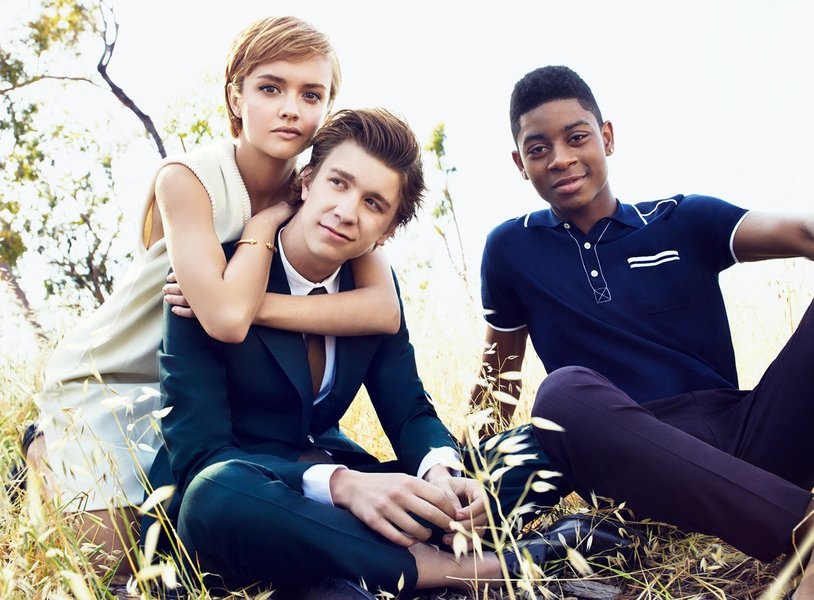
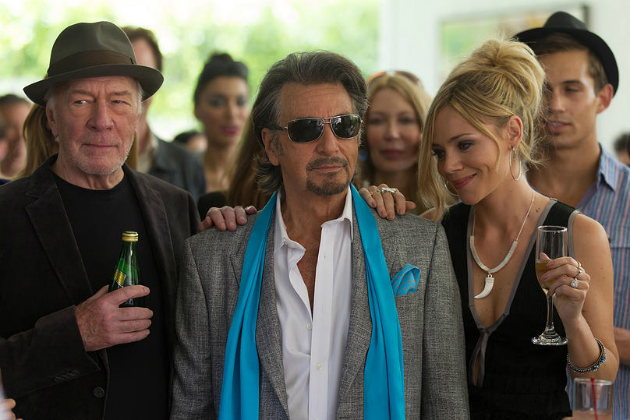
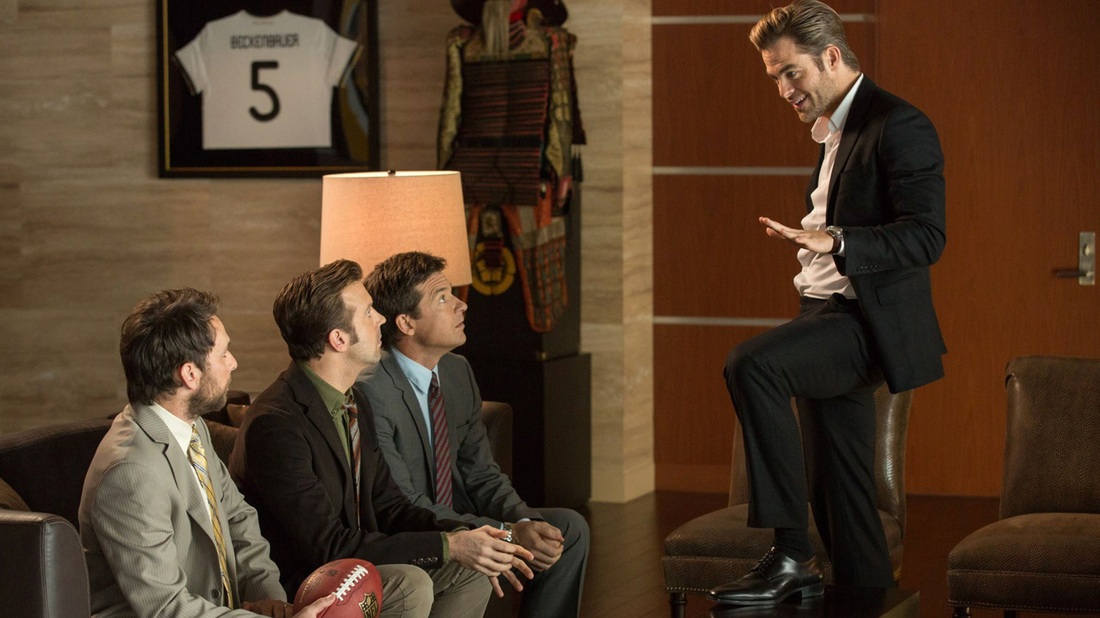
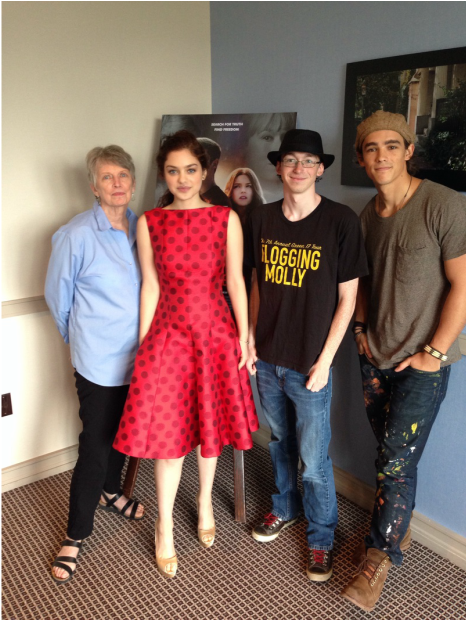
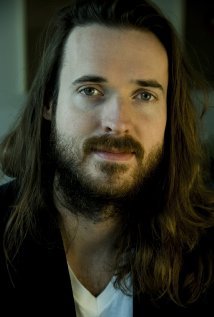
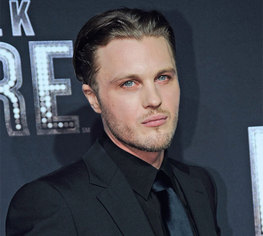
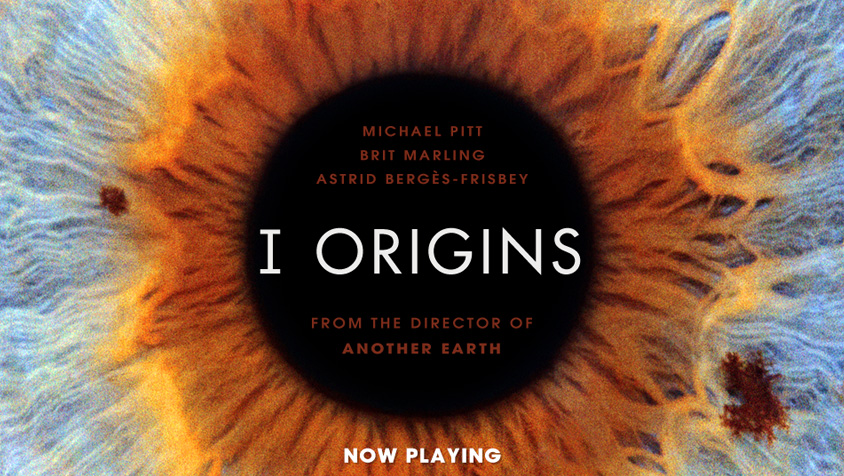
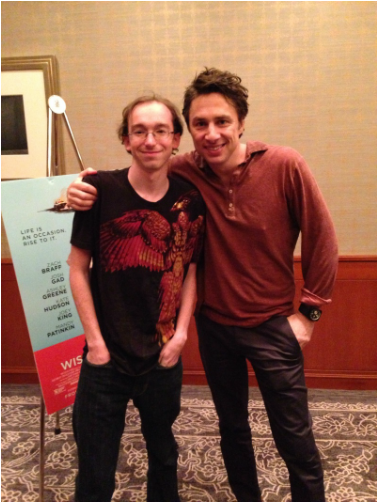
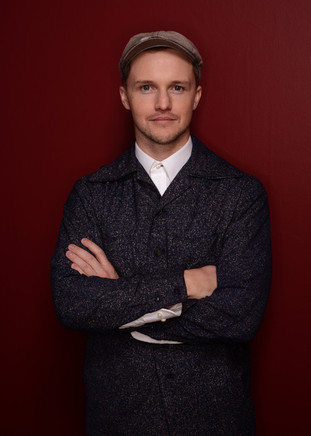

 RSS Feed
RSS Feed
